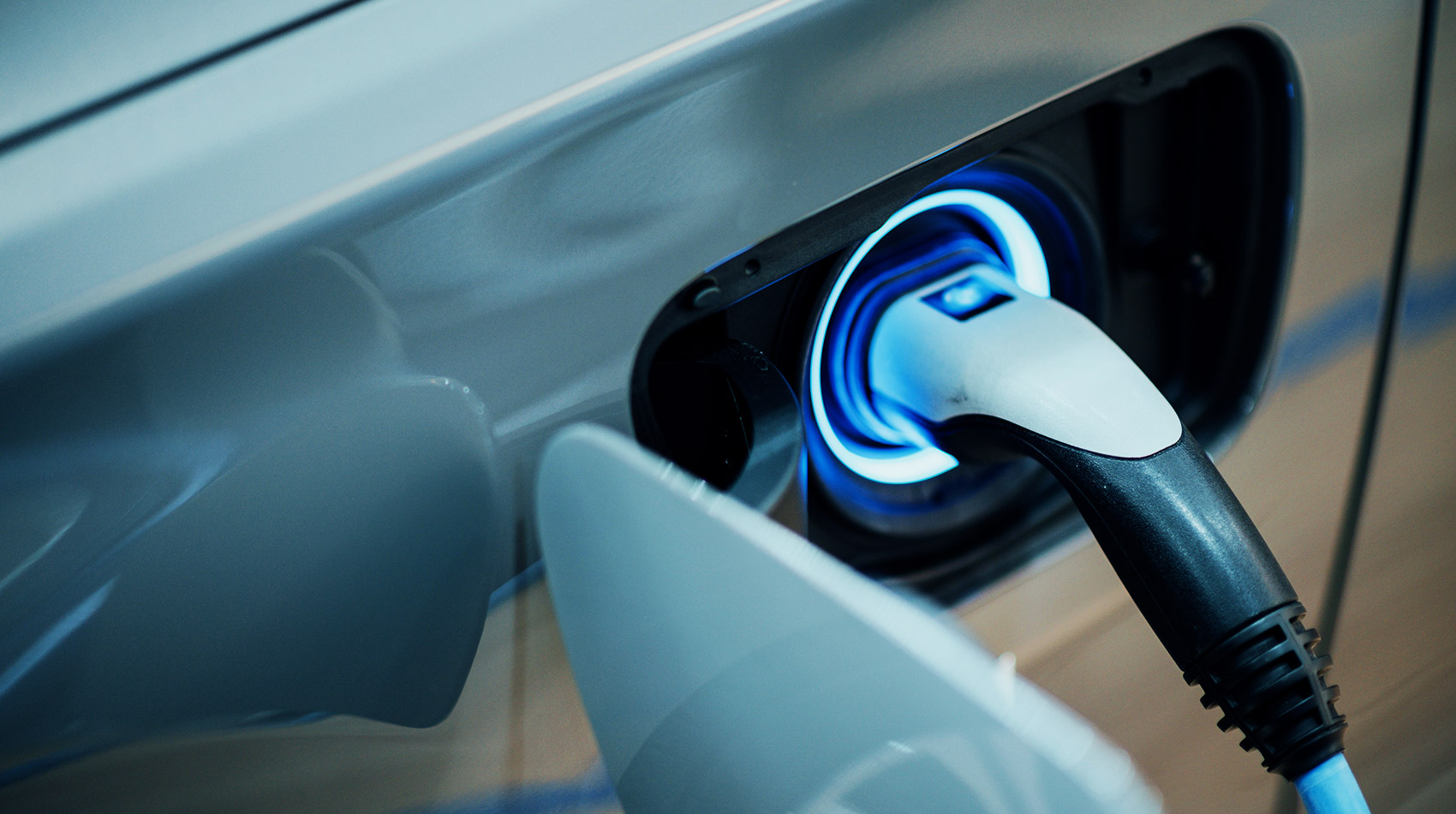Innovative zinc-air batteries
Why electric vehicles will travel further distances in the future thanks to zinc
Our research has yielded a promising result: zinc-air batteries could be the solution to the problem of limited energy density of lithium-ion batteries, making long-distance electric vehicles possible. Read more about the about the benefits of this battery technology.
The development of the scalable zinc-air battery is a significant milestone in electric mobility. These batteries have an impressive energy density that enables electric vehicles to travel long distances without a charging pause. Compared to common lithium-ion batteries, zinc-air batteries offer five times the energy density, which means they can store a much larger amount of energy in a much smaller and lighter package.
Another advantage of zinc-air technology is that it can be charged not only electrically but also mechanically. This means that electric vehicles can be charged with so-called zinc slurries, which contain zinc particles. These particles can then be oxidised in the battery to generate electricity. This is particularly useful when there are no charging stations nearby or when the vehicle needs to be charged faster than is possible with a normal charging station.
Zinc-air batteries are also more environmentally friendly than conventional batteries as they do not require rare earths or expensive or hazardous chemicals. Zinc is a widespread element that is easily available and can be produced cheaply.
Therefore, the zinc-air technology offers enormous advantages for electromobility and the energy transition in general. It could contribute to electric vehicles having a far greater range in the future, while at the same time becoming more environmentally friendly and sustainable.

Further topics
Sustainability